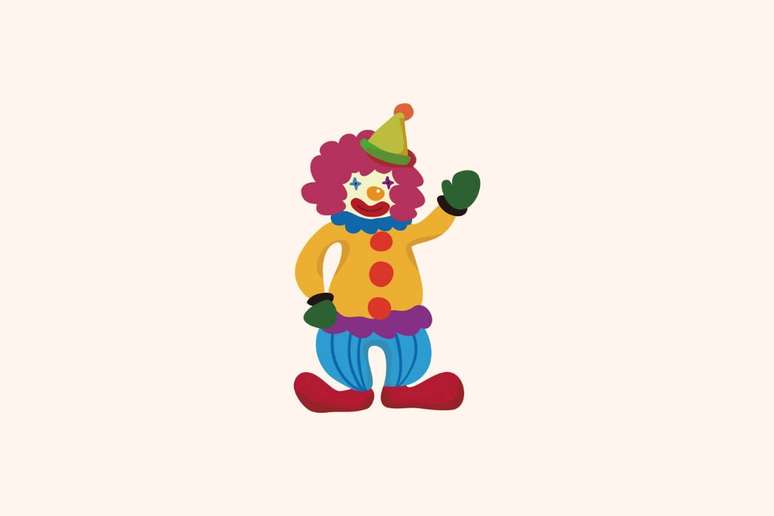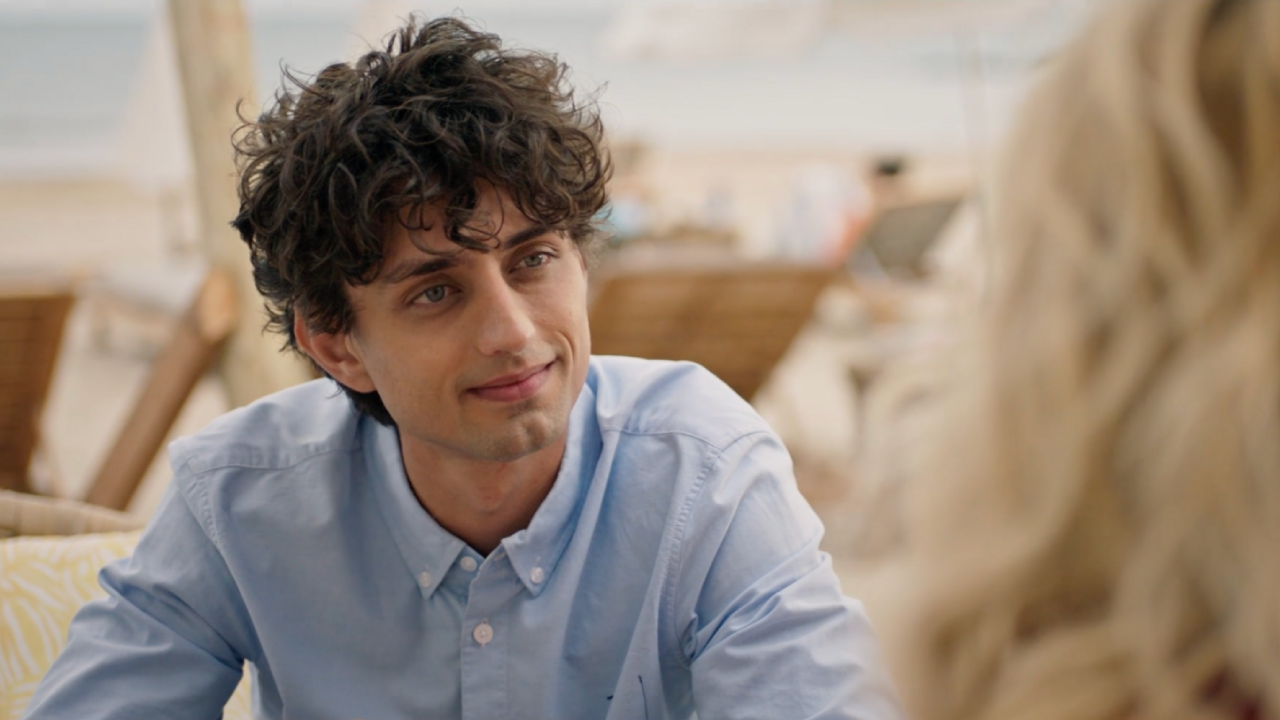In the details of everyday life we can rediscover the breath of enthusiasm, the desire to invent and marvel at the present
“I respect unimportant things and beings. I appreciate insects more than airplanes. I appreciate the speed of turtles more than that of missiles. I have this birth delay in me. I was programmed to appreciate birds. I have plenty of happiness to this. My backyard is bigger than the world.”
The excerpt above is from the poem Apanhador de Desperdícios, created by the poet Manoel de Barros (1916-2014). Reading it reminds me of my childhood playground. A place full of everyday things, ant trails, homeless buttons, ladybugs, secret hiding places, imaginary friends and toy boxes that enchanted more than new toys with manuals. It was really a big courtyard, full of silence and bigger than the world.
In these verses I also recognize that it is this space of contemplation, my beloved idle and useless equipment, that I have tried to save, because, over time, my backyard has diminished. It has undergone a sort of deforestation of subjectivities to give way to the functional monoculture of adult life, which, in our society, needs to give and account for everything, at the speed of a missile and with no room for delays in being.
My heart thanks you, Manoel de Barros, for your visit to this report, for reminding me that a fool is anyone who does not recognize the value of “importances”, of play and of what we have learned to call “things to children”. Because it is right there, in this universe, that the creative impulse lives, the spark of curiosity and enthusiasm for everyday life, and for what you are, essentially. A spark that urgently needs to be cultivated, like when we blow on an ember to light the flame.
Building the imagination
For the English psychoanalyst and pediatrician Donald Winnicott (1896-1971), the ember, the itch, is in us from the first days of life. life. Luckily. It has to do with the subjective expression of the child who, from an early age, creates and manifests the world he wants and needs to access. “But for Winnicott, this illusion of omnipotence, or the spontaneous gesture, depends on a minimally welcoming environment, receptive to infantile subjectivity,” says psychoanalyst, professor and writer Alexandre Patricio de Almeida.
The place and the people we live with constitute the essential breath of the stove. “Let’s imagine a child crying from hunger. Then the caregiver interprets this as sleep, and puts him to sleep. Here there was an exchange of the spontaneous gesture with that of the environment, which happens and is normal. But this example serves to illustrate that, if this type of exchange is repeated in an incisive way, there will be a gradual interruption of spontaneous growth, to give way to reactive enthusiasm, which continually responds to objective reality”, explains Alexandre.
The importance of shedding the armor
Does anyone recognize themselves in the process? How many of us live such a good part of our lives, reacting to the demands of an intrusive context, without worrying about preserving a small piece of our little garden of subjectivity? Quite a few people.
This is the psychoanalyst Márcia Malpelli, specializing in gerontology and mental health, specialist in assisting people aged 50 and over. “I have welcomed adults into the clinic who reach this stage of life based on the suffocating weight of mental abuse. People who, even in childhood or adolescence, have found themselves forced to take on emotionally structuring roles or responsibilities, such as taking on care of one’s parents, siblings, home, or household harmony,” he says.
Children thrown out of spontaneity to deal with an objective, invasive and burdensome reality for a still immature youth. «And, when they reach middle age, when children, parents, home or work are no longer so demanding, they find themselves lost, emptied of subjectivity, without spontaneous gestures, they don’t know what they like. I am without enthusiasm. ” Or without the abundance of being happy, as the poet wrote.
Wear the hero’s cape
They are, in essence, children in the clinic trying to shed the tight garb of provider and warrior, which supports everything. “A seductive fantasy, since society tends to valorize and romanticize suffering. But in reality it is a narcissistic defect, because it is when we are fragile that we accept wearing the hero’s mantle, an identity towards which the environment pushes us and that we can When I dress as a warrior, as a supplier, I exist, I have a role and I am recognized”, analyzes Alexandre.
According to him, the existential crisis arrives precisely when we find ourselves outside that place and there is nothing left. When we realize that our enthusiasm It has always been more connected to doing and performing, responding to requests and urgencies, than to being.
Perhaps this is why, in Winnicottian theory, play (or unimportant things) have a serious meaning. It is not just a manifestation of the unconscious, but something constitutive, which supports our subjectivity. Synonym of living creatively, with curiosity. “It is in play, only in play, that the individual, child or adult, can be creative and use his whole personality. Only by being creative does the individual discover himself”, wrote Winnicott in his work Game and Reality (Game it is a matter of fact). Reality) (1975). And, we might add, he’s thrilled about it.

It is funny
But only those who exercise spontaneity play. And who else, besides children lost in their imaginary worlds, embodies this gesture so well? The clown, yes, sir! It exaggerates spontaneity, it goes against common logic, because it uses failure, failure, to make people laugh, excite and create empathy. We have much to learn from this master.
“The language of the clown gives us the precious possibility of seeing ourselves as anti-heroic and unimportant people. The red nose, the opposite of the warrior, invites us to perceive our body and our spontaneous reactions so that, instead of repressing them, we recognize them, highlighting them and putting them in the spotlight, as tools of comedy, authenticity, laughter and humor, a gateway to excitement, it’s a celebration, a play with self-image, it’s being excited about who you are, sincerely.” says Joana Barbosa, clown, academic researcher, psychologist and co-founder, together with actor Paulo Candusso, of Casa 11, a space in São Paulo for creation, acceptance and personal transformation through clowning and humor.
Saving the spontaneous gesture
For Joana, the playful streak, that of laughing at oneself, is like a muscle that needs to be exercised. And this requires observation, self-perception, contemplation and saving the spontaneous and creative gesture. “In clowning, a glass is not just a glass, it can become my wind-up phone or a megaphone,” explains Ana Luiza Bellacosta, clown, actress and master’s student in Performing Arts at the University of São Paulo (USP ).
Ana underlines that it is a relational art, which creates, sublimates and interacts with everything; objects, people, plants, animals, having a direct effect on the way each person perceives themselves and relates to themselves and others. “This activates our sense of curiosity, establishes a deeper connection with existence, makes us authentic, more attentive and grateful to the present, as well as open to experimentation.”
Preserving the courtyard of subjectivity
And what is enthusiasm, if not the surprise of new experiences? “As we grow up, that primary illusion of omnipotence, if preserved, transforms into the ability to believe. In trusting ourselves throughout our lives. In being open to experience,” observes Alexandre. Naturally, the proposal is not to abstract ourselves from the objective reality that adult life imposes on us and which, in fact, can also be a source of enthusiasm.
We all have to respond to external requests, which will not always be in tune with our spontaneous gesture. But I believe in preserving the courtyard of subjectivities. Through daily choices capable of bringing more lightness and joy of living. Maybe take a different route to work and encounter new landscapes? Or wear your favorite outfit, even if there isn’t a special occasion to do so? Try new flavours, read poetry, go to the theatre, meet new people. Start an activity and contemplate yourself in a different context and place than usual.
As Winnicott argued, the creative impulse has always lived in us. And, even in situations and environments where fear and suffering are very latent, almost palpable, he survives like a brazier. The clown Ana Luiza is part of, among many other groups, the Dutores da Alegria and she has the privilege of testifying to it. “Many, many times we leave the hospital room feeling the ballast of warm laughter, which remains there, contaminating everything.”
Here’s the lesson: let’s not underestimate the ability of simple things to enchant us. In the absence of ideas, we look for suggestions in the poetry of Manoel de Barros, man of the woods, of the rivers, of animals of all sizes, from snails to jaguars. A lighting expert: “Why not go back to see the first colors of dawn? How can we not go back to where invention is virgin?”
By Vanessa Costa – Vida Simples magazine
Journalist, writer and has (re)learned to be a clown.
Source: Terra
Ben Stock is a lifestyle journalist and author at Gossipify. He writes about topics such as health, wellness, travel, food and home decor. He provides practical advice and inspiration to improve well-being, keeps readers up to date with latest lifestyle news and trends, known for his engaging writing style, in-depth analysis and unique perspectives.








